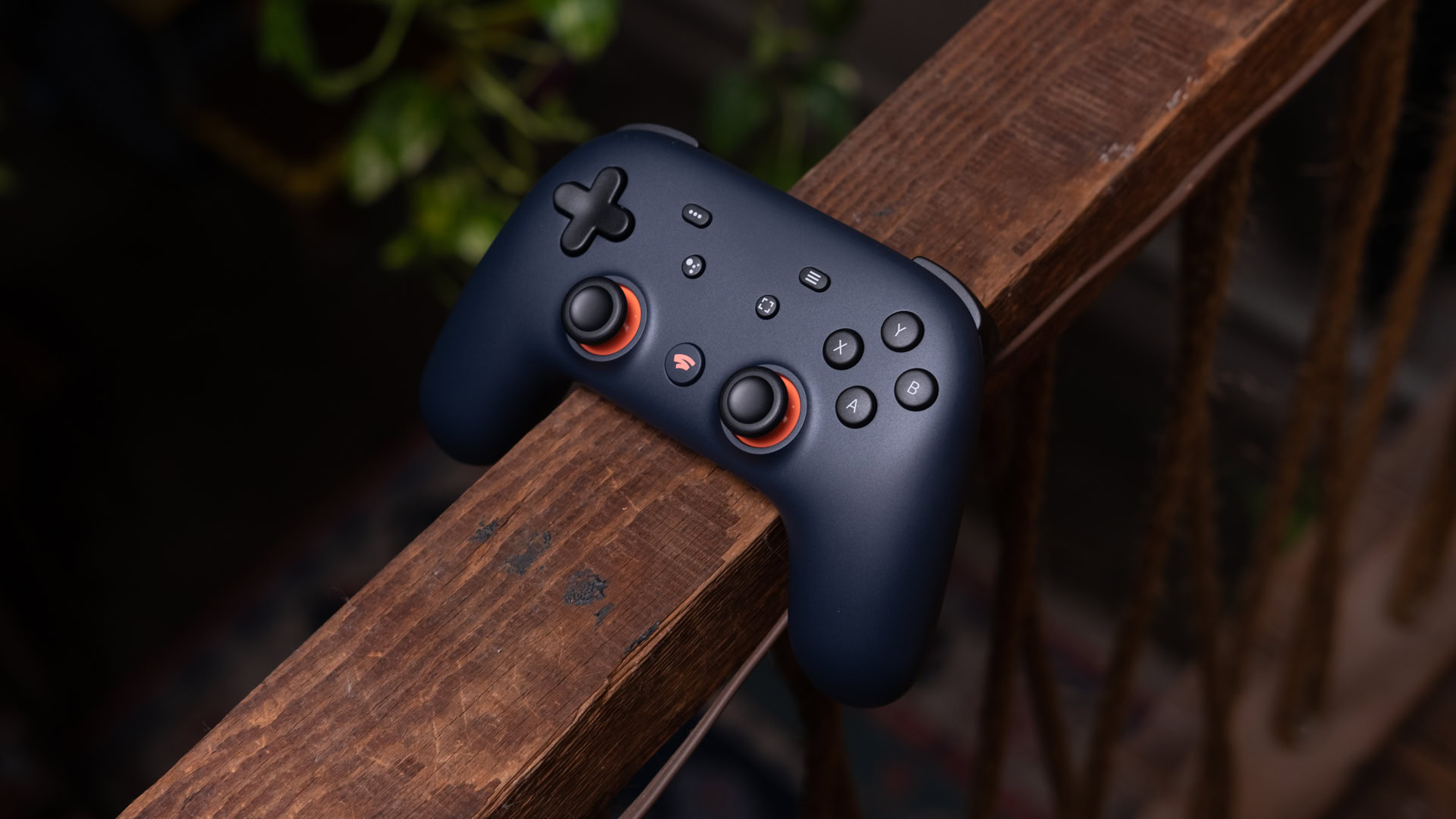Affiliate links on Android Authority may earn us a commission. Learn more.
Report: Stadia employees say 80% of their work isn't on consumer platform

- A new report suggests Google Stadia’s future isn’t about consumers like you.
- Allegedly, most of the work Stadia employees do revolves around getting other businesses to adopt Stadia’s base technology.
- In other words, Stadia’s success as a consumer-level business doesn’t appear to be too important to Google.
Stadia is Google’s cloud gaming platform. It allows you to play AAA video games without needing any expensive hardware. Google’s powerful servers render the game and you can play it streamed through your phone, computer, or even a web browser.
As cool as that is, it’s no secret that Stadia has struggled to gain adoption. In early 2021, the company repositioned itself in response and shut down first-party studios. However, a new report from Business Insider (h/t 9to5Google) suggests Google Stadia’s future might not be dependent on consumer adoption barely at all.
See also: Google Stadia review
According to the report, Stadia employees say that only about 20% of their work revolves around the consumer-level Stadia service. The rest of their work is focused on making deals with other businesses to adopt Stadia’s core technology and developing proof-of-concept features.
In other words, the least important thing about Stadia to Google is the platform customers like you experience. The real money is in the underlying tech and the licensing potential it presents. This isn’t wholly unexpected, but it is pretty interesting how little Google seems to care about the consumer-facing experience of the product.
Google Stadia future: The Android of game streaming?
This new report suggests Google is now all-in on “white labeling” Stadia. This would allow other companies to use Stadia technology for their own products. Simultaneously, it would give Google access to certain data gained from those products. It would also net Google licensing fees for the technology. While we knew Google intended to do this since February last year, it appears that’s the company’s primary focus now.
If this sounds familiar, that’s because it’s essentially the same business plan as Android. Although the core code of Android is open-source and free for anyone to use, the Google-ified version that appears on most Android phones around the world earns Google data as well as licensing fees. It’s a win-win: third-party companies don’t need to waste time and resources on building a new operating system but can still make the OS look unique. Meanwhile, behind the scenes, Google is making bank.
This report suggests Google wants to push Stadia in this direction even at the expense of the main product (i.e., the one you use when you sign up for the service). Internally, employees allegedly refer to the service as “Google Stream,” which heavily suggests Stadia is the consumer platform and Stream is the white label service. If only 20% of work is spent on Stadia and 80% on Stream, it’s pretty clear which part Google thinks is most important.
This is the way Stadia should go
Really, the bleak Google Stadia future as far as a consumer-level product is the best thing for it. Stadia isn’t seeing wide adoption from consumers for multiple reasons. The premium subscription service is expensive and still forces you to buy individual games. Sometimes, you’ll need to re-buy them if you already own them on another platform. Another problem is that the free monthly games haven’t been great. Additionally, the exclusives have been ho-hum and inconsistent, and the overall library is tiny compared to Steam, Origin, etc.
Really, the best thing for Google to be doing is downplaying the Stadia service and focusing on getting the incredible tech to other companies who can do it better. Microsoft’s Game Pass service — which also involves cloud gaming — is incredibly successful, for example, proving that this is something consumers want. Granted, Microsoft’s platform is self-sustained, so it doesn’t need Google. But other companies might want Google’s help creating Game Pass competitors, and that competition is great for consumers.